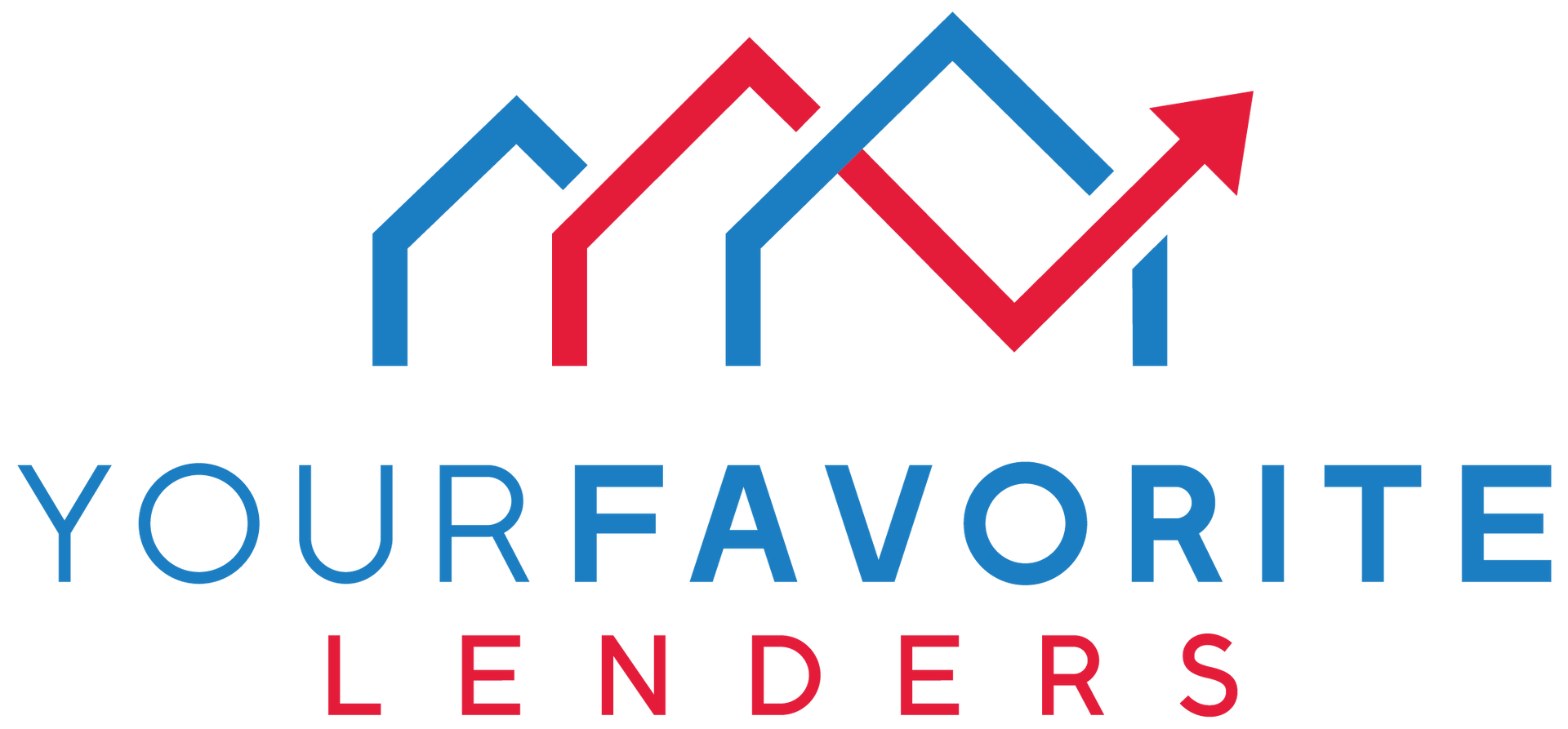Unlocking Real Estate Investment Potential: Leveraging Hard Money Loans and DSCR Loans
Unlocking Real Estate Investment Potential: Leveraging Hard Money Loans and DSCR Loans
Real estate investment offers incredible opportunities for wealth building, but the journey from purchase to profit often requires strategic financial moves. One powerful strategy involves using hard money loans to acquire and renovate properties, followed by securing a DSCR loan for long-term rental financing. In this blog, we'll explore the benefits of hard money loans, how to utilize them for property renovations, and the advantages of DSCR loans for rental properties.
Understanding Hard Money Loans
What are Hard Money Loans?
Hard money loans are short-term, asset-based loans primarily used by real estate investors to finance the purchase and renovation of properties. Unlike traditional mortgages, which are based on the borrower's creditworthiness, hard money loans focus on the value of the property being used as collateral. These loans are typically provided by private investors or companies rather than traditional banks.
Benefits of Hard Money Loans for Real Estate Investment
- Quick Approval and Funding: Hard money loans offer a faster approval process compared to conventional loans. This speed is crucial for investors who need to act quickly to seize investment opportunities, such as purchasing a property at auction or securing a deal in a competitive market. Approvals can often happen within days, and funding can be received shortly thereafter.
- Flexible Terms: Hard money loans often come with more flexible terms, allowing investors to negotiate repayment schedules that align with their investment plans. This flexibility can be particularly advantageous when dealing with the unpredictable nature of real estate projects, such as renovation timelines and market fluctuations.
- Easier Qualification: Since the loan is secured by the property, investors with less-than-perfect credit can still qualify for funding. Traditional lenders typically require strong credit scores and extensive documentation, but hard money lenders are primarily concerned with the property's value and potential.
Using Hard Money Loans for Property Renovation
How to Use Hard Money Loans to Renovate Properties
- Purchase the Property: Secure a hard money loan to quickly purchase an undervalued property. These properties are often in need of significant repairs and are sold at a lower price, making them attractive to investors.
- Plan the Renovation: Outline the renovation work needed to increase the property's value. This could include structural repairs, aesthetic upgrades, or adding new features. A detailed plan will help ensure that the improvements will significantly boost the property's market value and make it more attractive to potential buyers or renters.
- Finance the Renovation: Use the funds from the hard money loan to cover renovation costs. Ensure that the improvements will significantly boost the property's market value. Proper budgeting and cost management are essential to prevent overspending and to maximize the return on investment.
Real Estate Investment Strategies with Hard Money Loans
- Fix and Flip: Purchase a distressed property, renovate it, and sell it for a profit. Hard money loans are perfect for this short-term strategy due to their quick funding and flexibility. Investors can quickly acquire and renovate properties, then sell them at a higher price, repaying the loan and earning a profit.
- Buy, Renovate, Rent, Refinance (BRRR): This strategy involves buying and renovating a property, renting it out, and then refinancing with a longer-term loan. The goal is to generate rental income while securing more favorable financing terms. This strategy allows investors to build a portfolio of rental properties without continually seeking new funding sources.
Converting Hard Money Loans to DSCR Loans
What is a DSCR Loan?
Debt Service Coverage Ratio (DSCR) loans are long-term financing options that assess a property's income relative to its debt obligations. These loans are ideal for rental properties as they focus on the income generated by the property rather than the borrower’s personal income. The DSCR is calculated by dividing the property's annual net operating income by its annual debt service (loan payments).
Steps to Secure a DSCR Loan for Long-Term Rental Properties
- Complete the Renovation: Ensure the property is fully renovated and tenant-ready. A completed, high-quality renovation increases the property's rental value and attractiveness to potential tenants.
- Establish Rental Income: Rent out the property to generate steady rental income. Demonstrating a consistent rental income stream is crucial for qualifying for a DSCR loan, as lenders will want to see that the property can cover its debt obligations.
- Apply for a DSCR Loan: Present the lender with detailed financials showing the property's income and expenses. The lender will assess the DSCR to ensure the property can cover its debt obligations. Proper documentation and transparent financial records are essential for a smooth application process.
- Refinance the Hard Money Loan: Use the DSCR loan to pay off the hard money loan, transitioning to a long-term financing solution with more favorable terms. This refinancing step reduces the investor's interest costs and provides more manageable monthly payments.
Advantages of DSCR Loans for Rental Properties
- Long-Term Stability: DSCR loans provide long-term financing, offering stability and predictable payments for investors. This stability is particularly important for rental property owners who rely on consistent income to cover expenses and debt obligations.
- Focus on Property Income: These loans prioritize the property's income, making them suitable for investors with multiple rental properties. Investors with diversified rental portfolios can benefit from DSCR loans as they leverage the collective income of their properties.
- Better Rates and Terms: DSCR loans typically come with better interest rates and terms compared to hard money loans, reducing overall financing costs. Lower interest rates and longer repayment terms can significantly enhance the profitability of rental properties.
Taking the Next Step in Real Estate Investment
Real estate investment can be a lucrative endeavor when approached with the right financial tools. Hard money loans offer the flexibility and speed needed to acquire and renovate properties, while DSCR loans provide long-term financing solutions that focus on the income-generating potential of rental properties. By understanding and leveraging these financial strategies, new investors can maximize their returns and build a robust real estate portfolio. Whether you're just starting or looking to expand your investments, utilizing hard money and DSCR loans can pave the way to success in the competitive real estate market.
SHARE THIS POST:
RECENT POSTS:



